Tunisia
The outgoing IMF country chief for Tunisia said that the economy of the north African state needs "deep reforms" such as drastically reducing its vast public wage bill.
Approaching the end of his three year term, Jerome Vacher added that the pandemic had created the deepest recession since Tunisia's independence in 1956.
"The country had pre-existing problems, in particular budget deficits and public debt, which have worsened in recent years. External deficits have also been persistent in previous years and, above all, growth has been weak and largely insufficient", said Vacher.
Growth dropped by almost 9% of GDP in 2020, in 2021 it only recovered by 3%. Unemployment remains high at over 18%.
The IMF envoy believes that the country's economy needs deep structural reforms.
"It's an economy that needs very deep, structural reforms, especially to improve the business environment. But it also requires a correction of macroeconomic imbalance, an improvement of the budgetary situation and a deep reform of public enterprises", according to the IMF representative.
Tunisian President Kais Saied sacked the government and suspended parliament in July last year.
The government has since asked the IMF for a bailout package, the fourth since the revolution.





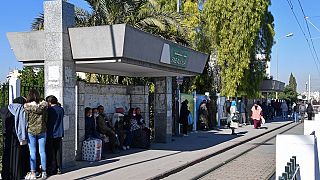

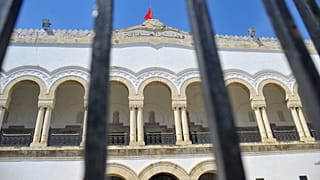
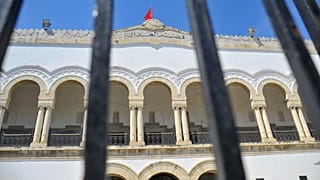

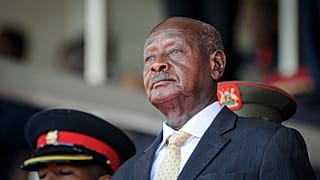

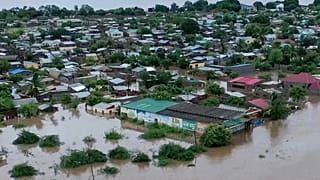
00:40
IMF approves new $261 million disbursement for Ethiopia
00:18
Zambia withdraws request for IMF loan extension
00:02
Ghana's ex-finance minister Ken Ofori-Atta detained by US immigration authorities
00:01
Tunisia's head coach offers touching tribute to Moroccan hospitality
Go to video
In Kenya's Kakamega County, bullfighting boosts the economy and social unity
00:53
Tunisia finalises AFCON 2025 squad with Maaloul returning